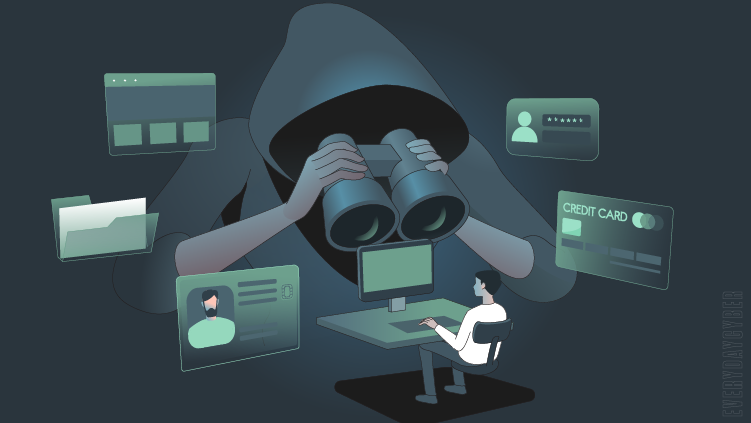
Should you use a VPN?
The Internet can be a treacherous place. One of the most important measures you can take while online is to use a virtual private network (VPN), whether you’re at your workplace, on the go, or at home. VPNs keep your online activities secure and private, especially on public Wi-Fi. But VPNs can do so much more.